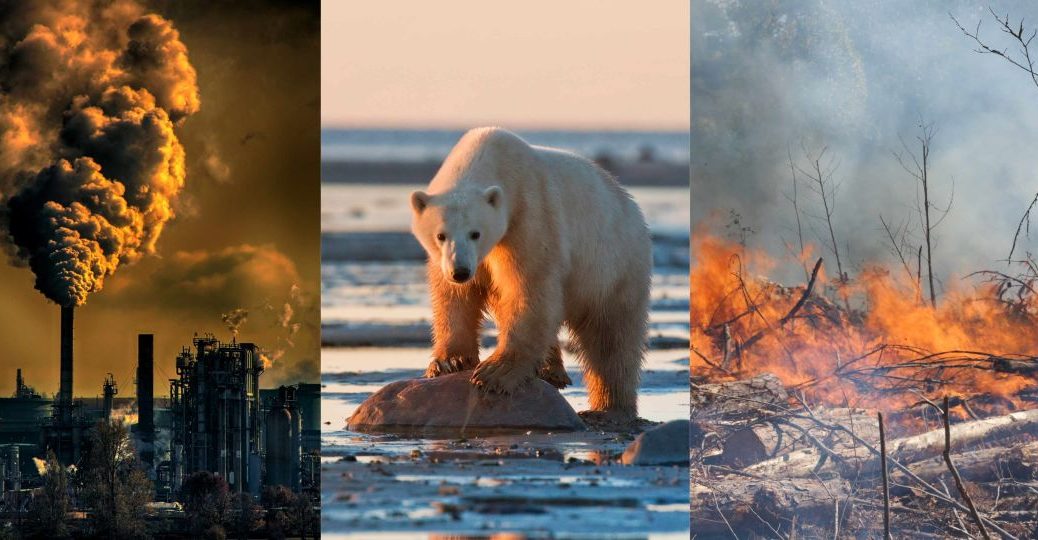In the groundbreaking film “An Inconvenient Truth” Al Gore posed the question, “What are you are going to say to your children if they ask you in 50 years from now, ‘Did you know about this and what did you do about it?’” Indeed, as I ponder the reality that the number of birds, animals and insects that were around when I was a child have all had their populations devastated at the expense of an ever growing human population, I admit that I am guilty. I didn’t know in the beginning but in the last thirty years the answer has to be yes, I did know.
To deny that there is an ecological disaster going on would seem to me to border on insanity as we see yet another heatwave across southern Europe causing drought which, in turn also, affects the food supply. The church has been slow when it comes to speaking up about ecology and global warming. So, we are now being forced back into the Bible in order to discover the truth that was always there and we are being challenged to admit that we have been very anthropocentric in our thinking.
The Genesis creation story states that creation is good, or at least it was at the time! The command to ‘fill the earth and have dominion over it’ (Gen.1: 28) is qualified by the image of humans as ‘stewards and caretakers’ of the earth (Gen.2: 15). There is no permission or justification given in the Bible to ravage the earth. It all looks rather glorious in this godly paradise but something goes wrong. It is ruptured by the arrival of sin. At its heart, ‘sin’ is a breakdown of relationship and means being in a state of separation. A state of separation between humanity and God; between human and human, and human and the earth.
However, our story doesn’t end there because of the restorative work of Jesus on the cross. Now not wishing to lay out the gospel message again, the question we should ask in the light of the Gospel, is, ‘if Christians believe that God’s action is one of creation, restoration, healing and reconciliation, then why have we ignored the implications of this in the way we live our lives?’
True, there are many positive benefits that Christianity has brought including opposition to slavery, human rights, health care, education and alleviation of poverty in many areas of the world. On the other hand, our wealth has also become a powerful lure on our loyalty and we have found ways to justify it with religious language. We have undergone a gradual social conformity from the radical lifestyle of Jesus and drifted away from the holistic communal ethic present in the early church.
Now there are those who take the view that the path we are on as a world will enhance the speedy return of Jesus but that neglects true stewardship. And fortunately, there is an increasingly loud voice which takes a different approach. This is one that reminds Christians to their calling to have a high quality relationship with the earth and with all other living creatures because it is central to our faith because we are part of that created order and God acts sacrificially to redeem it.
As we have become lured into conforming with the values of the world we have found theological justification to support our consumer lifestyles. However, the scientific reality of global climate change forces to face the reality that creation lies at the heart of Christian faith.
We must, therefore, lead by example, and reform our lifestyles and personal consumption habits and try to walk the way of Jesus based on a reconnection to that which really gives life.
